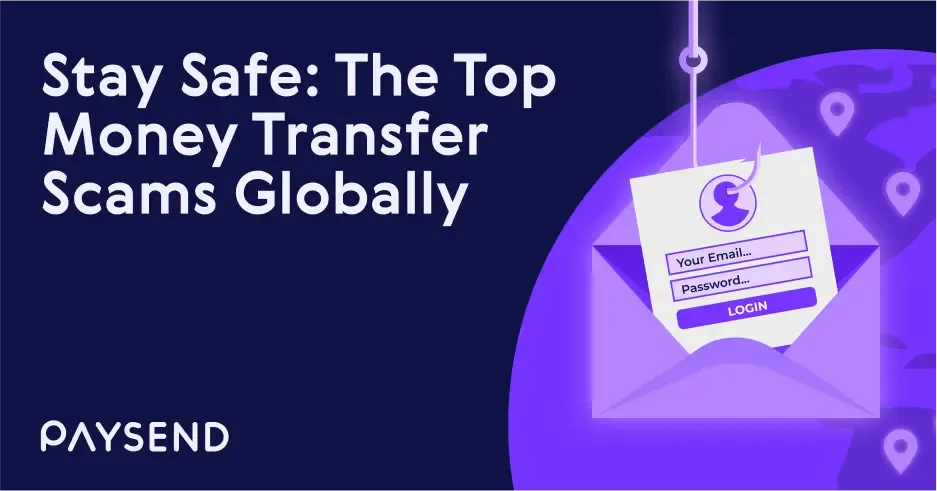How to send money to a card overseas

As we travel more, for work and for leisure, sending money abroad is a very common aspect of our daily lives. Whether you are sending money home to your family or making a payment to a company for a product or service, there are many reasons for us to send money abroad. But for something that seems so simple, why has it always been such a challenge for us for such a long time?
Why is it such a pain to send money overseas? Whether its paperwork to fill out or multiples strings of numbers, for example, SWIFT, BIC, Sort Code, Account Number, Security Number, Mobile Banking Number, the list is endless. Why do things have to be so tricky?
After the complexities of the actual transaction then you have the headache of associated costs. Whether it’s a transaction fee which can be hugely variable from expensive to even more expensive, or the currency conversion rate, where you are at the mercy of someone you don’t know offering you, hopefully, a decent rate, and the commissions connected to the conversion. These things combined can really add up and start making the cost of transferring money very expensive and when your transaction sizes are small, and the payments are regular, this can put those needing to transfer money in a really uncomfortable position.
And then you have speed. So, you’ve managed to get all the correct numbers in place, paid your currency commissions and then transfer fees… now your money will hopefully get to your family at some point, maybe in an hour, maybe next week (or maybe the transaction fails, and you start again).
Sending money abroad via card to a card
Thankfully, as technology progresses, so do our options for transferring money overseas. PaySend is trying to eliminate these hassles you are facing with the introduction of their card to card money transfer solution. All you need is your recipients 16-digit card number and you can send money 24/7 in seconds. Really it is that easy. Not to mention capping fees to £1, €1.5 and $2. PaySend also uses a mid-market exchange rate removing the middle men to provide the best possible exchange rate for customers.
So how do you do it?
Step 1 Sign Up
Signing up couldn’t be easier. Pop in your mobile number and choose a password. Then enter in some basic personal information so PaySend know who you are. PaySend sends you a 5-digit security code sent via SMS and you are done. Quite simple!
Step 2 Send Money
So next you need to login to your account with your mobile number and the password that you chose. Then select “Send” and choose the country you are sending money too (PaySend supports 70+ countries and growing). Then enter the amount you are sending and the recipients' card number. Now it’s time to link your own card number that you are sending money from, a security code is then generated, confirm the transaction and the money is on its way at the speed of light.
Easy peasy.
And is it safe?
PaySend is regulated by the FCA (Financial Conduct Authority) and is certified by both Visa and Mastercard, so you can be sure that using Paysend for your overseas money transfer will be safe and secure.
The future of international money transfer
Card to card money transfer really is a breakthrough in many ways for those looking to send money overseas, tackling speed, security, simplicity and costs. Companies like Paysend are pioneering the way forward to help support those that previously would have been at the mercy of historically inefficient, slow and expensive processes.
And the future looks bright too. Leveraging their relationships with both Visa and MasterCard, Paysend is opening up the doors to more and more countries to allow quick and cheap money transfers, as well as this, improving technology so sending money gets easier and quicker.
Publikasi Terbaru

Money isn’t just currency - it’s a way to stay connected. Whether you’re helping family back home, supporting friends chasing their dreams, or just sending a surprise for a loved one, Paysend and Visa make it effortless to bridge the distance to Turkey, and transferring to an eligible Visa card via Paysend is one of the easiest ways to send money.

Sending money internationally has never been easier, but as digital payments become more popular, so do scams targeting unsuspecting senders. Fraudsters use various tactics to deceive people into transferring money, often pretending to be banks, employers, or even loved ones in distress.
To help you stay protected, we’ve outlined some of the most common and most recent money transfer scams happening around the world and how you can avoid them.